thanks KUBI for improving performance and stuff

CONTROLS:
AG1: Active Missiles
AG2: dropt tanks
AG3: AirBrake
AG4: probe
AG5: Hook
AG6: navigation lights
AG7: wings
VTOL: Flaps
Trim
History:

The McDonnell Douglas F/A-18 Hornet is an all-weather, twin-engine, carrier-capable, multirole combat aircraft, designed as both a fighter and attack aircraft (hence the F/A designation). Designed by McDonnell Douglas and Northrop, the F/A-18 was derived from the latter's YF-17 in the 1970s for use by the United States Navy and Marine Corps.

The Hornet is also used by the air forces of several other nations, and formerly by the U.S. Navy's Flight Demonstration Squadron, the Blue Angels.

The F/A-18 was designed to be a highly versatile aircraft due to its avionics, cockpit displays, and excellent aerodynamic characteristics, with the ability to carry a wide variety of weapons. The aircraft can perform fighter escort, fleet air defense, suppression of enemy air defenses, air interdiction, close air support, and aerial reconnaissance.

Its versatility and reliability have proven it to be a valuable carrier asset, though it has been criticized for its lack of range and payload compared to its earlier contemporaries, such as the Grumman F-14 Tomcat in the fighter and strike fighter role, and the Grumman A-6 Intruder and LTV A-7 Corsair II in the attack role.

The Hornet first saw combat action during the 1986 United States bombing of Libya and subsequently participated in the 1991 Gulf War and 2003 Iraq War.

The F/A-18 Hornet served as the baseline for the Boeing F/A-18E/F Super Hornet, its larger, evolutionary redesign, which replaced both the older Hornet and the F-14 Tomcat in the U.S. Navy.

The U.S. Navy started the Naval Fighter-Attack, Experimental (VFAX) program to procure a multirole aircraft to replace the Douglas A-4 Skyhawk, the A-7 Corsair II, and the remaining McDonnell Douglas F-4 Phantom IIs, and to complement the F-14 Tomcat.

Vice Admiral Kent Lee, then head of Naval Air Systems Command, was the lead advocate for the VFAX against strong opposition from many Navy officers, including Vice Admiral William D. Houser, deputy chief of naval operations for air warfare – the highest-ranking naval aviator.


FT edensk
Photos by: ollielebananiaCFSP
Specifications
General Characteristics
- Successors 5 airplane(s) +154 bonus
- Created On Android
- Wingspan 40.9ft (12.5m)
- Length 56.1ft (17.1m)
- Height 15.4ft (4.7m)
- Empty Weight 27,596lbs (12,517kg)
- Loaded Weight 37,531lbs (17,024kg)
Performance
- Power/Weight Ratio 0.962
- Wing Loading 56.9lbs/ft2 (277.7kg/m2)
- Wing Area 660.0ft2 (61.3m2)
- Drag Points 2232
Parts
- Number of Parts 1092
- Control Surfaces 4
- Performance Cost 4,967

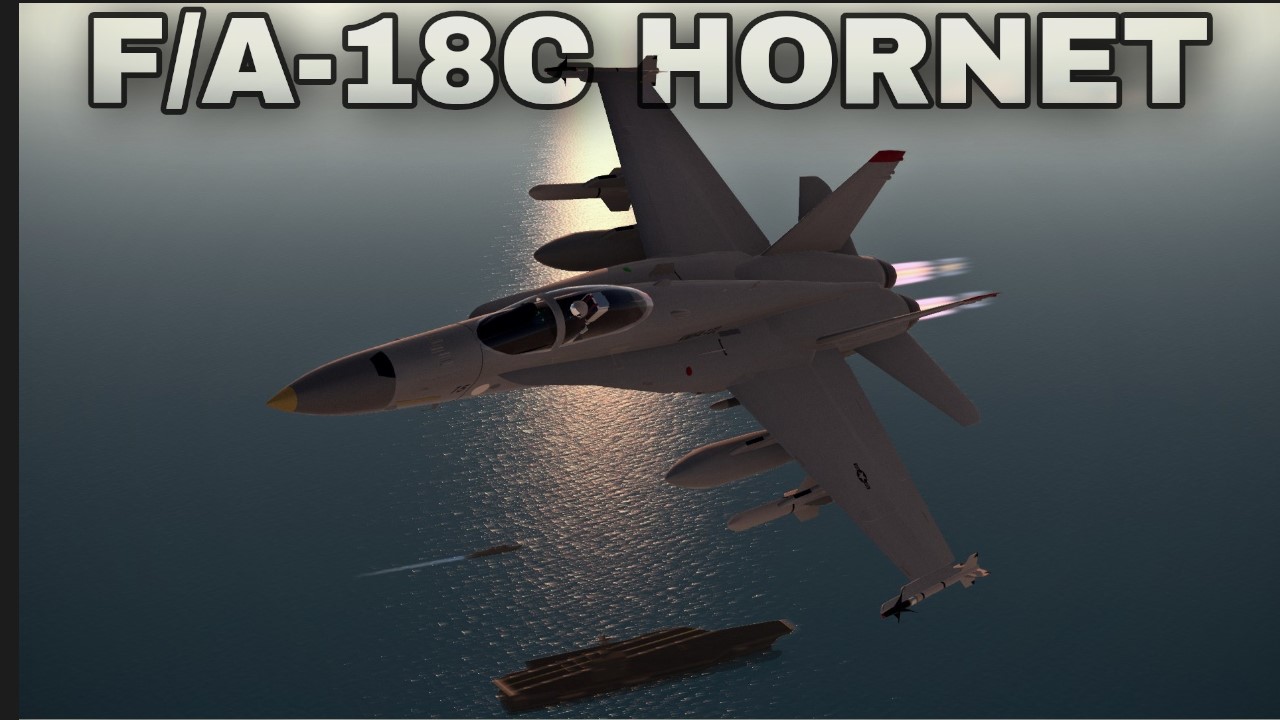
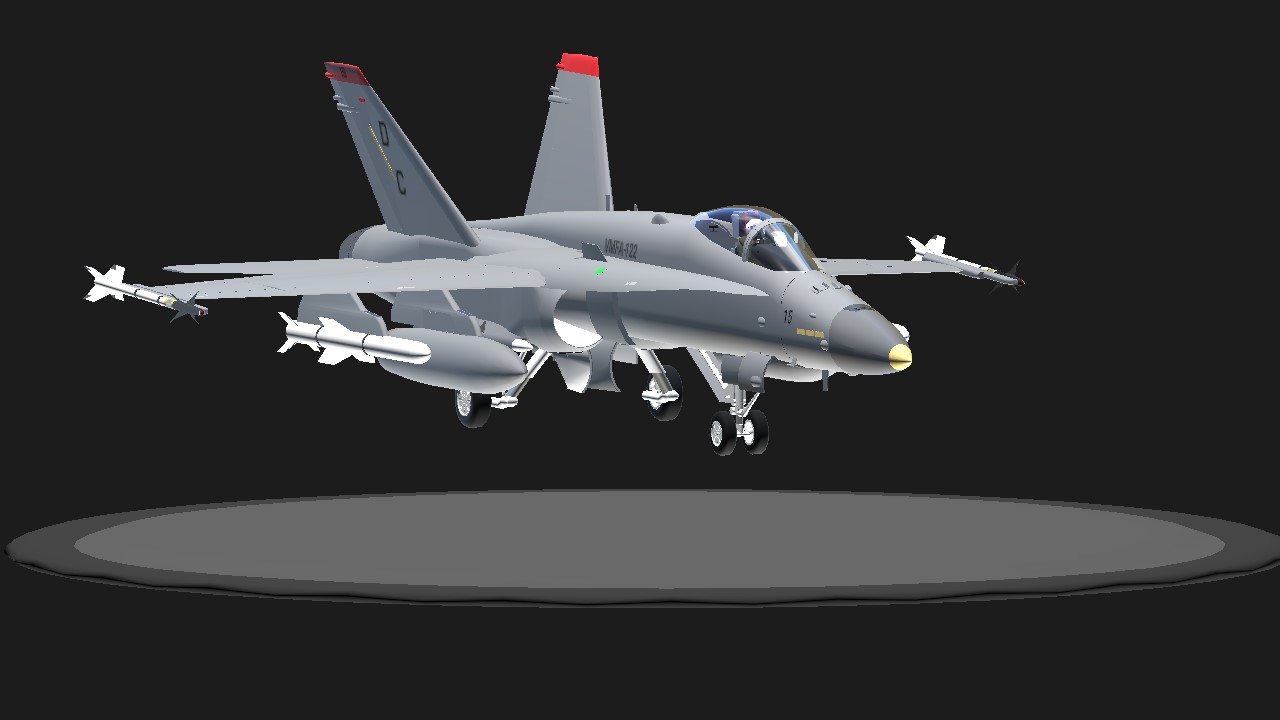
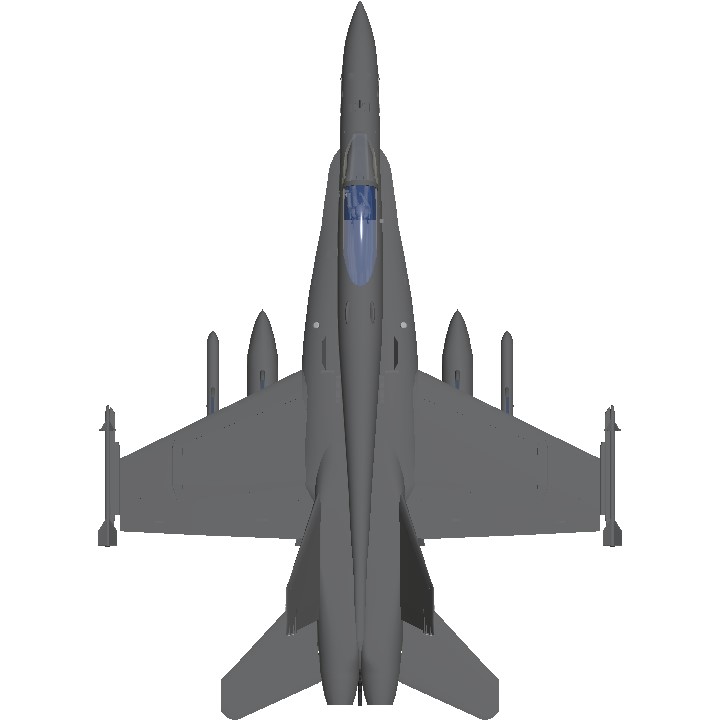
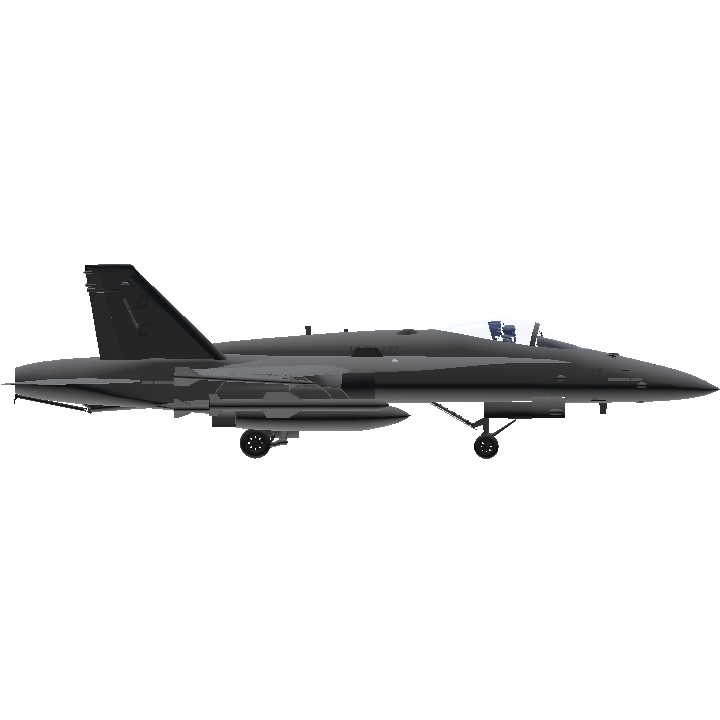
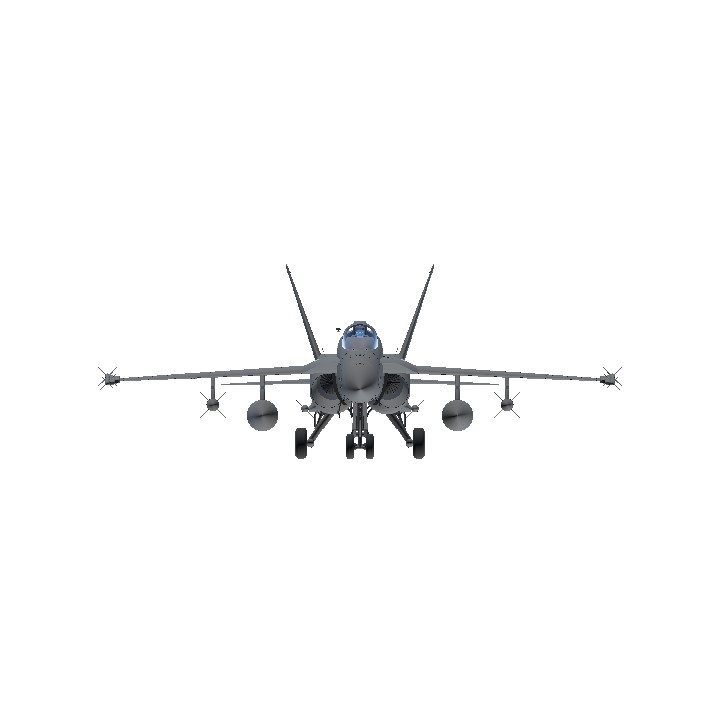
EPIC
noice
Wasp
I didn't expect this jet to be so smooth and lag free (if u have 8gb ram on your phone)
this is really well done. right down to details like the probe, wings, canopy, and flap operations not working above certain speeds
A true quality aircraft!
@ollielebananiaCFSP Your pictures are very good
and you used one of my screenshots as your profile pic ! amazing !
damn you are posting everyday impressive
you ever gonna make an f-104?
@Bird6369 yes, thanks for reminding me
@RicardoACE did u use @KUBI parts?
Amazing work. Love the pilot view.
@RYAviation yes, quit AG8
This is so sick! Edit:I have since learned that you can disable the auto lean
Absolutely beautiful! It’s the perfect level of detail and realism to go with and SP build. You truly ACEd it (again)!
I like the aircraft detail
Can you do the Strike Eagle or the Super Hornet?